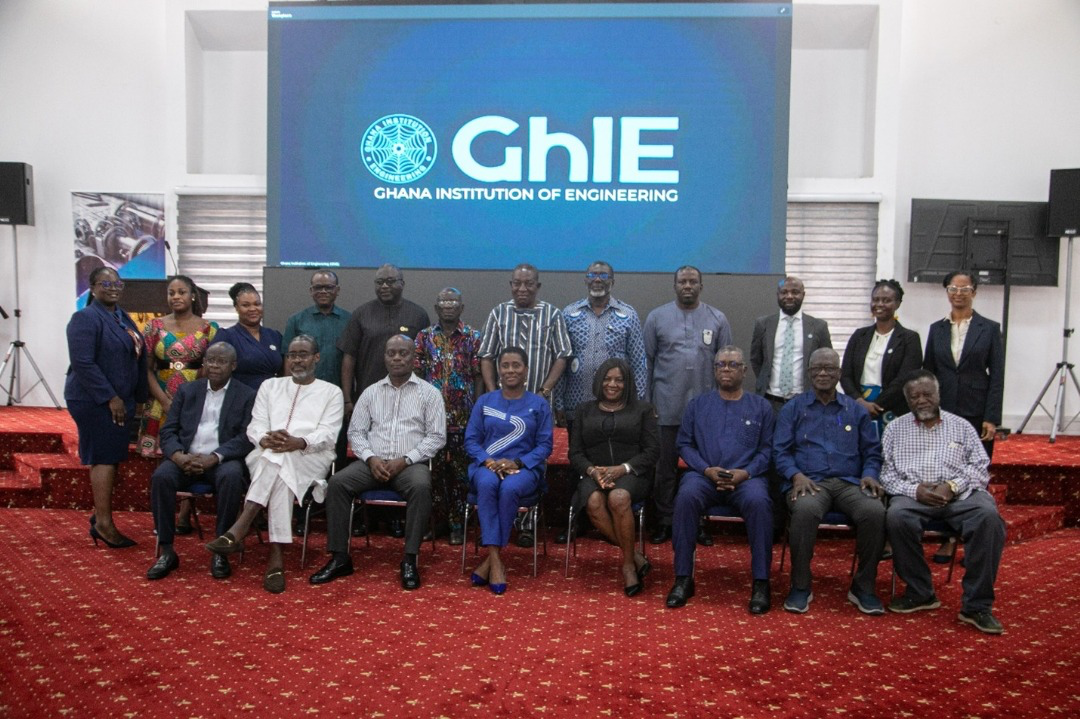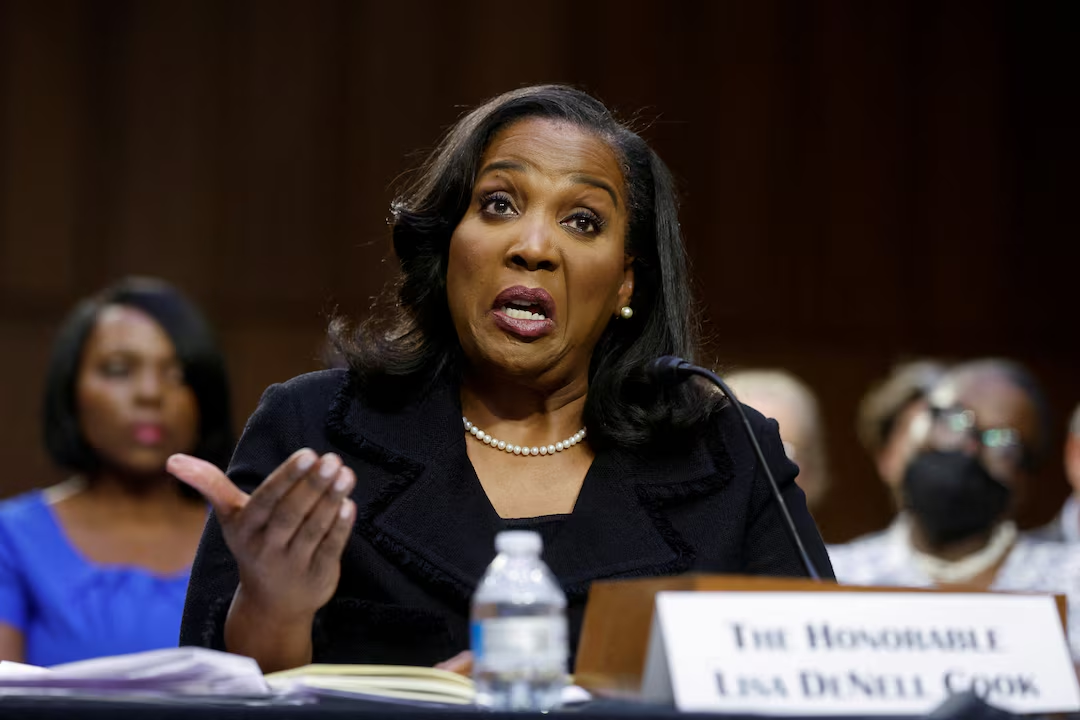By Francis
Copyright thebftonline

One afternoon last year I sat in a small computer lab in a public senior high school. The room smelled of varnish and hope.
The students were practicing code on donated laptops while their teacher toggled between a printed lesson plan and a WhatsApp chat with the tech company that supplied the software. “We wouldn’t have this without the company,” she told me quietly. “But we also wouldn’t have it without the ministry helping us set this up.” That short exchange captures the truth: Edtech in Ghana works best when public will and private innovation pull together. Alone, each can do good. Together, they can transform an entire education system.
Why PPPs matter for Ghana’s Edtech ambitions
Ghana’s national ambitions for digital education are big. The Smart Schools Project — which aims to equip SHS students with tablets and digital content — targets about 1.3 million students and signals a government commitment to scale digital learning.
But scale like that is expensive, complex and fragile without partners who bring money, technical skills, distribution channels and maintenance capacity. That’s where public–private partnerships (PPPs) come in: they combine public reach and mandate with private agility and capital.
Across Africa investors and foundations are already placing bets on Edtech: the continent’s tech ecosystem raised US$3.2 billion in 2024, showing the capital pipeline that can be mobilized for education innovations.
Locally, Ghana’s investment ecosystem is maturing too: venture capital and private equity activity is growing, with recent reports showing a multi‑billion dollar asset class developing in-country – evidence that private capital can be a long‑term partner for social sectors, including education.
Real PPP wins — examples that teach us
Some of the most useful lessons come from practical partnerships:
Global funds + local hubs – The Mastercard Foundation’s EdTech Fellowship in Ghana – run with MEST Africa – brings funding, mentorship and learning-science expertise to early-stage Edtech firms, helping them move from pilots to sustainable products. These Fellows go on to partner with schools and government pilots.
Telco + Edtech models (regional inspiration) – In Kenya, Safaricom’s partnerships with learning platforms (for example Eneza Education) opened low-cost, mobile-first access to millions of students – showing how telcos can massively expand reach when they waive data costs, promote services or invest in startups. Ghana has similar corporate players (telcos, banks, foundations) who can replicate these models at scale.
Government + community infrastructure – GIFEC’s Community ICT Centres (CICs) are a public investment in local digital access; with private partners they can host Edtech pilots, teacher training and community learning hubs that extend classroom reach into neighbourhoods. Ghana’s CIC network is growing year-on-year and is a natural platform for PPPs.
These examples show a pattern: governments provide mandate and scale; private actors bring products, distribution and operations. When both play defined roles, schools and students reap the benefit.
What PPPs must deliver (not just promises)
To be more than PR or pilot projects, PPPs must be designed to deliver real, measurable education outcomes:
Sustainable financing models – not one‑off donations. Contracts should include maintenance budgets, device replacement cycles, and teacher support funding.
Local content & curriculum alignment – private providers must align with GES curricula and local languages so digital tools actually improve classroom learning.
Teacher training & change management — tech without pedagogy fails. PPPs must fund in-service training and coaching, not just hardware.
Data and evaluation – partners should agree on metrics (attendance, learning gains, retention) and share evidence transparently.
Equity first – PPPs must prioritise underserved regions to avoid widening the urban–rural digital divide.
Who should invest, and how?
The good news: the money exists on the continent and increasingly in Ghana. International funds (foundations, development finance), regional VC and corporate CSR/CSV budgets, and local institutional investors can all be mobilised – if the project is structured for impact and scale. The Partech data above underscores that Africa’s tech funding is real and resilient.
Practical options:
Blended finance: government seed money + impact investors to de‑risk early pilots.
Procurement partnerships: governments purchase services from vetted Edtech firms (software-as-a-service), creating predictable revenue for startups.
Telco education bundles: negotiated zero-rated or highly subsidised data bundles for approved educational content. (This is how Safaricom scaled content access in other markets.)
A warning and an imperative
We must avoid two traps. First, donor-driven projects that bypass local ownership – these often evaporate when funds run out. Second, tech-first pilots that ignore teachers and curricula – these sit idle on shelves. Education has a higher purpose than tools and KPIs. It is the catalyst that shapes the kind of society we want: capable, competent, audacious, empathetic, and patriotic citizens who build a better Ghana. Any PPP must be judged by that standard – not just by deployment numbers. Every tablet, platform, and training programme should move us toward that vision.
A simple action plan for Ghana’s leaders
Create an Edtech PPP Unit inside the Ministry of Education to vet partners, manage contracts and oversee scale-ups.
Publish an Edtech procurement playbook with standards for content alignment, device specs, teacher training minimums and data protection rules.
Launch regional PPP pilots that pair GIFEC CICs with private content providers and telcos – use these hubs to train teachers and demonstrate impact.
Incentivise local investment – tax credits or matching funds for Ghanaian investors who back Edtech startups that commit to national rollout and evidence-based results.
Measure what matters – focus on learning outcomes, inclusion metrics (rural reach, girls’ participation) and teacher adoption rates.
Final thought: fuel for the future
PPPs are not a silver bullet, but they are the fuel Ghana’s Edtech ambitions need. When public reach and private capability partner with clarity, rigour and a shared moral purpose, we can move beyond pilots and make digital learning a normal, everyday reality for Ghanaian learners. Let’s build partnerships that not only distribute tablets, servers, or apps – but that nurture the minds and values of a generation. That is how we turn technology into nation-making.
>>>the writer is an Edtech enthusiast, writer, and President of the Ghana Edtech Alliance. He is passionate about telling powerful stories at the intersection of education, technology, and human potential. Email – [email protected]



